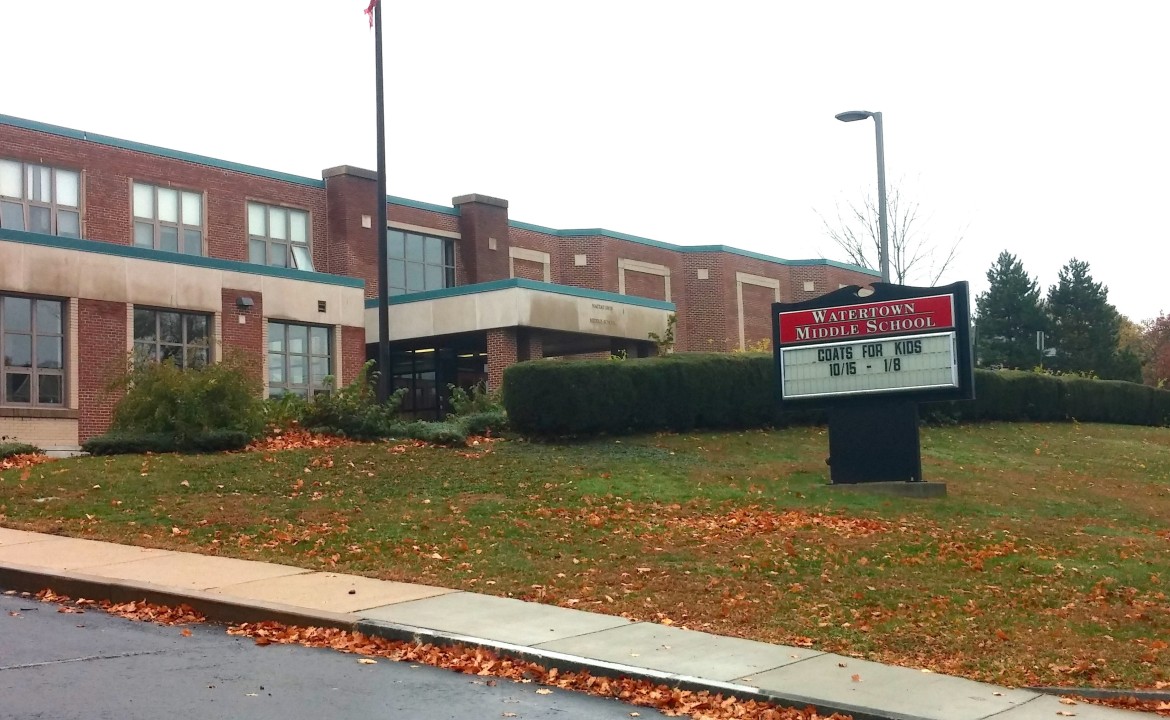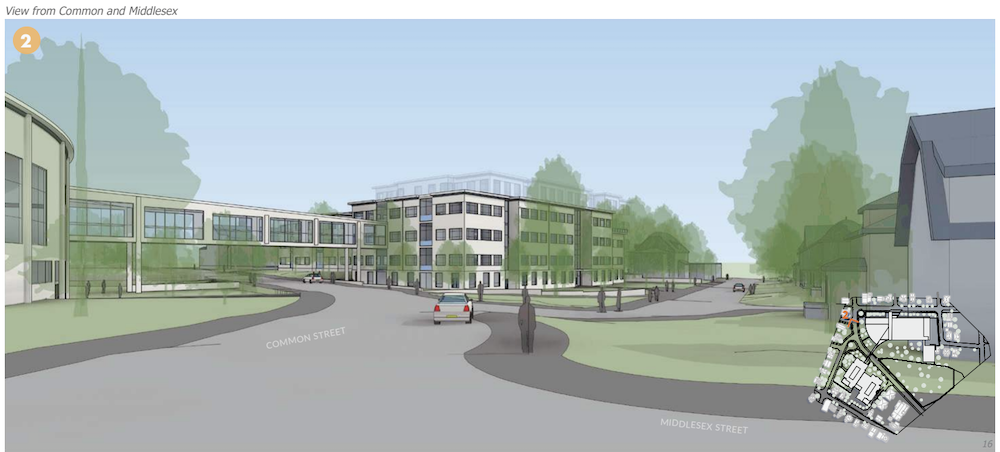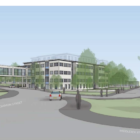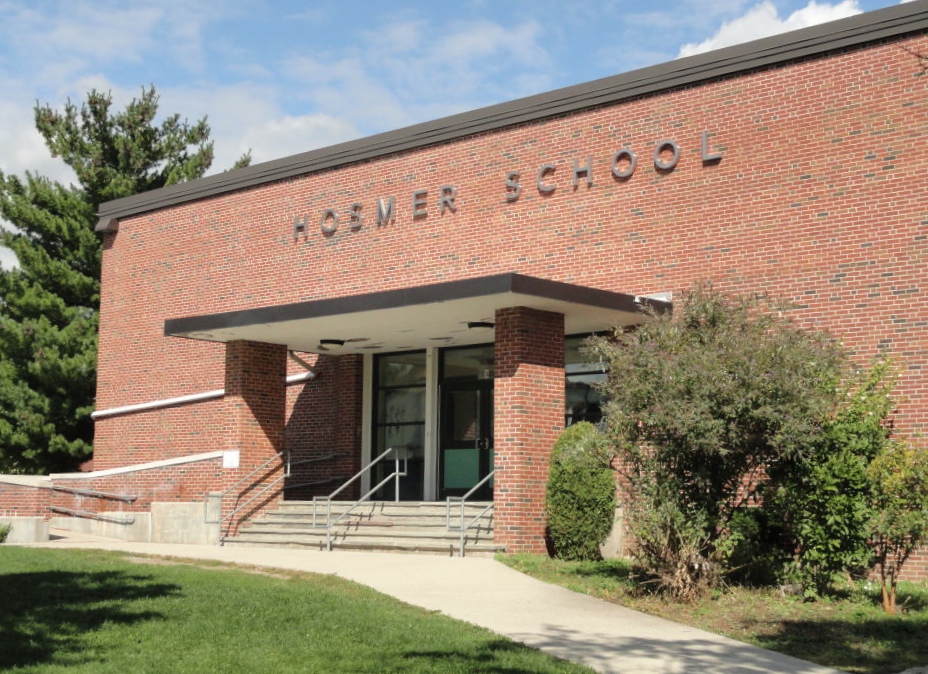Environment
LETTER: Watertown High Group’s Climate Demands
|
The following information was provided by members of the Watertown High School student group, Watertown Sunrise, which advocates to stop Climate Change. The demands were presented during a march and rally on the evening of Oct. 23, 2020. WATERTOWN SUNRISE DEMANDS
We demand that the Watertown town council declare a climate emergency. We’re also asking our town government, to help call on other town leaders and to sign onto the Green New Deal pledge to fight for our futures.






